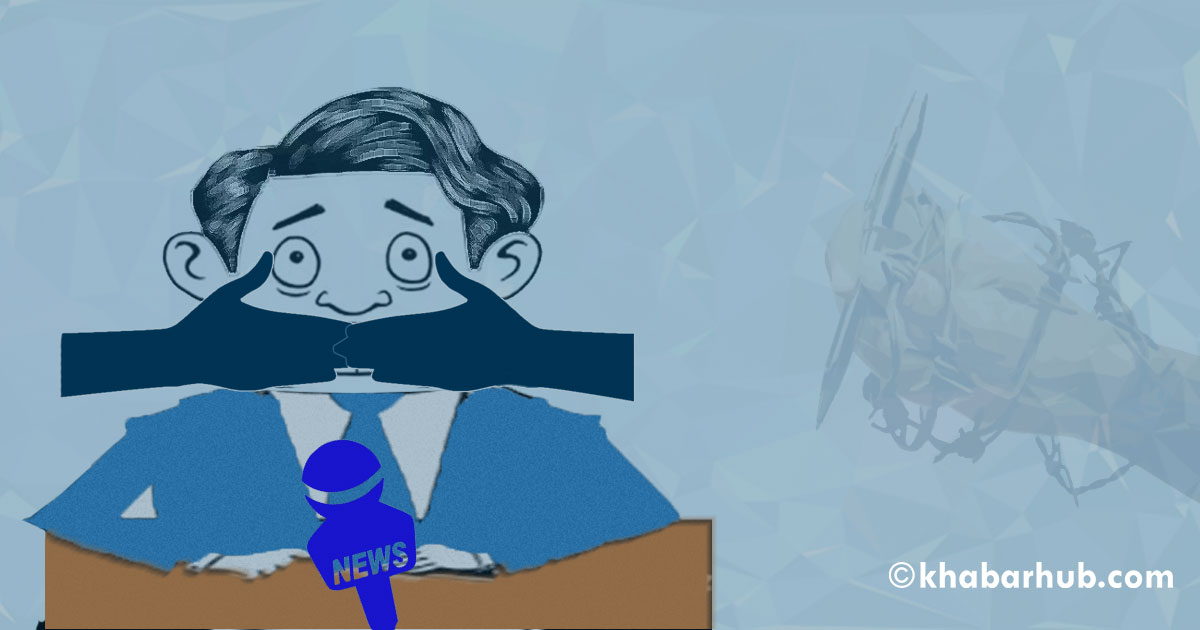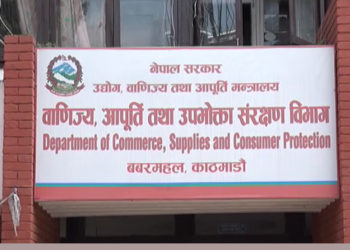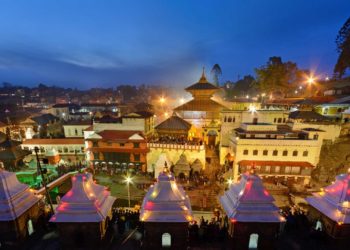The government’s new controversial and harsher bill on mass media, which indicates its intention to curtail freedom of the press is sure to backfire and ‘hit a hammer’ on the Prime Minister KP Oli-led government.
The bill, registered at the House of Representatives (HoR) on May 9, proposes a fine of up to Rs 1 million on media houses, editors, journalists and publishers who are found guilty of defaming a person.
This is a blatant attack on the freedom of the press, freedom to opinion and expression and democratic values, which is now obviously evident that the government is gradually moving towards a controlled state mechanism despite its repeated commitment to democracy and free press. Such an act has heightened the fears among journalists regarding their rights to a free press.
Observers argue that one of the reasons to introduce the bill is to rein in media to make sure that journalists do not criticize the government, which clearly indicates the government’s intolerance and lacks the guts to tolerate criticism.
The government, as observers argue, has been indulged in abuse of the state powers and seems to be intolerant of dissenting views thereby restricting the free press and liberal democratic values, which hints of a grave danger ahead.
If the parliament endorses the bill, a journalist faces Rs 5 million to 10 million in penalties or 10 to 15 years in jail or both for publishing or broadcasting contents that undermine national sovereignty, integrity or nationality.
Media experts, journalists, and civil society leaders have perceived the bill as a move towards authoritarianism by curtailing press freedom — the most important tenet of democracy.
The bill, as claimed by Minister for Communication and Information Technology, Gokul Baskota, is not stimulated by “vengeance against any individuals or political parties” but to regulate the media sector.
However, the government seems to be in a fidgety with the media reports against corrupt leaders, irregularities, abuse of authority, among other anomalies. Such a tendency is sure to harass journalists.
This is sure to undermine the constitutional right of press freedom posing grave risks to journalists in collecting research-based stories, investigative stories and critical news against the government and ruling party leaders.
Federation of Nepali Journalists (FNJ), an umbrella organization of Nepali journalists, however, are least assured by what the concerned minister and other government authorities have been arguing. Despite the government’s promises of not interfering with press freedom, the right to a free press has been repeatedly compromised. The FNJ has already launched a nationwide agitation against the proposed bill.
It should be noted that the government had earlier presented a bill to replace the existing Electronic Transactions Act and the National Information Technology Development Committee Formation Order. Ironically, the government, which has been providing shelter to North Korean hackers in Kathmandu, has been hell-bent on curbing press freedom in the country by arresting journalists.
When PM Oli has been heading towards gripping all state organs, Nepal Communist Party Chairman Pushpa Kamal Dahal need to speak out in favor of free press to avert the country from disaster.
The government, observers argue, is tightening the grip on the media. This means that the Oli-led government is hell-bent on curtailing the right to freedom of expression. However, even though Nepal’s constitution guarantees the freedom of expression than any other developed countries, restriction on media will be unfortunate, which is sure to back-fire the government. This will also spell doom over the country’s future.
(Editorial)









Comment